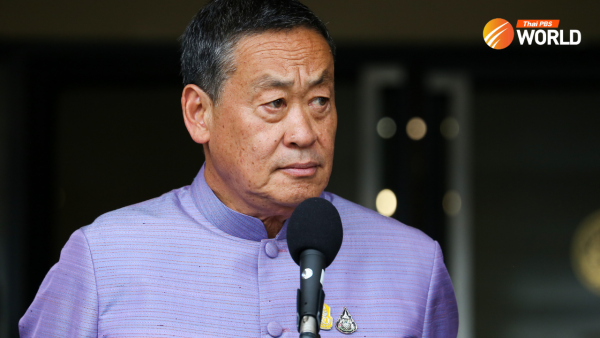“Successful” Thailand hangs its fate on vaccine quest

The daily numbers of COVID-19 cases in the country have been
encouraging, but the good news remains quite limited, and the biggest
nightmare can still come true. What if no vaccine is available in the next
two years? What if there will be no vaccine at all?
The worst-case scenario features all vaccination candidates failing
before or at the last hurdles, but it was often dismissed earlier this year.
However, health officials, economists and governments have started to
take it seriously. It happened before with HIV/AIDS an outstanding
example. Admittedly, HIV/AIDS was not as widespread as COVID-19 _
and the world easily learned to live with it _ but it was not as
economically and socially devastating either.
Adapting to COVID-19 is a lot easier said than done. A “no vaccine”
scenario showcases occasional or frequent outbreaks and national
shutdowns, upended social and religious life, revamped diplomacy and
serious political reforms. Imports and exports as well as trade barriers
that go with them will have to be seriously and continuously rethought
and rearranged. The tourism industry will have to undergo regular and
drastic changes.
There have been quite a few unsettling observations or pieces of
evidence regarding chances for a workable vaccine. Scientists do not
even know for sure how likely people who have been infected can get
re-infected, although the answer to that question is important when
vaccination development is concerned. Also, recent findings have all but
established that the virus started circulating in human bodies only late
last year, meaning its life in humans is relatively young but it has been
spreading much quicker than many people thought and might still have
more mutation tricks up its sleeve.
Nobody knows for certain what will happen politically in a “no vaccine”
Thailand. People here and in many parts of the world have accepted
lockdowns on the assumption that the tough measures and the heavy
losses of incomes and freedom will be just temporary, and that things
will only get better. Having to pay higher electricity fees and food stalls
or restaurants having to close down will be a totally different ball game if
the misery happens repeatedly.
What is worse is that the trouble will not be an economic affair of “fine
margins.” Politicians used to squabble over small numbers or slightly-
different measures, but that will not be the case. If there is no vaccine,
COVID-19 will ensure that all governments need large sums of money
similarly, whether they are democratic, dictatorial, conservative or liberal.
Rulers may have to come through revolving doors, facing the same sets
of problems and having to use virtually similar means to solve them.
“New normal” is a term coined for a post-COVID-19 society. Now, the
term may have to take the possibility of no vaccine into account. Without
a vaccine, “new normal” will also become tough and unpredictable
“normal.” Threats of riots are real and will be always lurking.
With or without vaccine, things can get more complicated in Thailand.
The “Open up” camp will clash bitterly with the “Keep the guards up”
one. The deteriorating economy will have to be weighed against, for
example, what has been happening in Singapore. Very recently a
success story in the global COVID-19 fight, now Singapore has the most
cases in Southeast Asia.
And Singapore does not have political complications like Thailand. A
possible bright side for Thai people is that politics, too, will have to adapt
drastically or nobody will win. That is some irony in itself. If people are
abhorred by the current state of politics, they are a lot likelier to see a
return to the bad old days if a COVID-19 vaccine is developed. But if the
worst public health nightmare happens, even politicians will have to
adjust, hopefully for the better.
By Tulsathit Taptim






